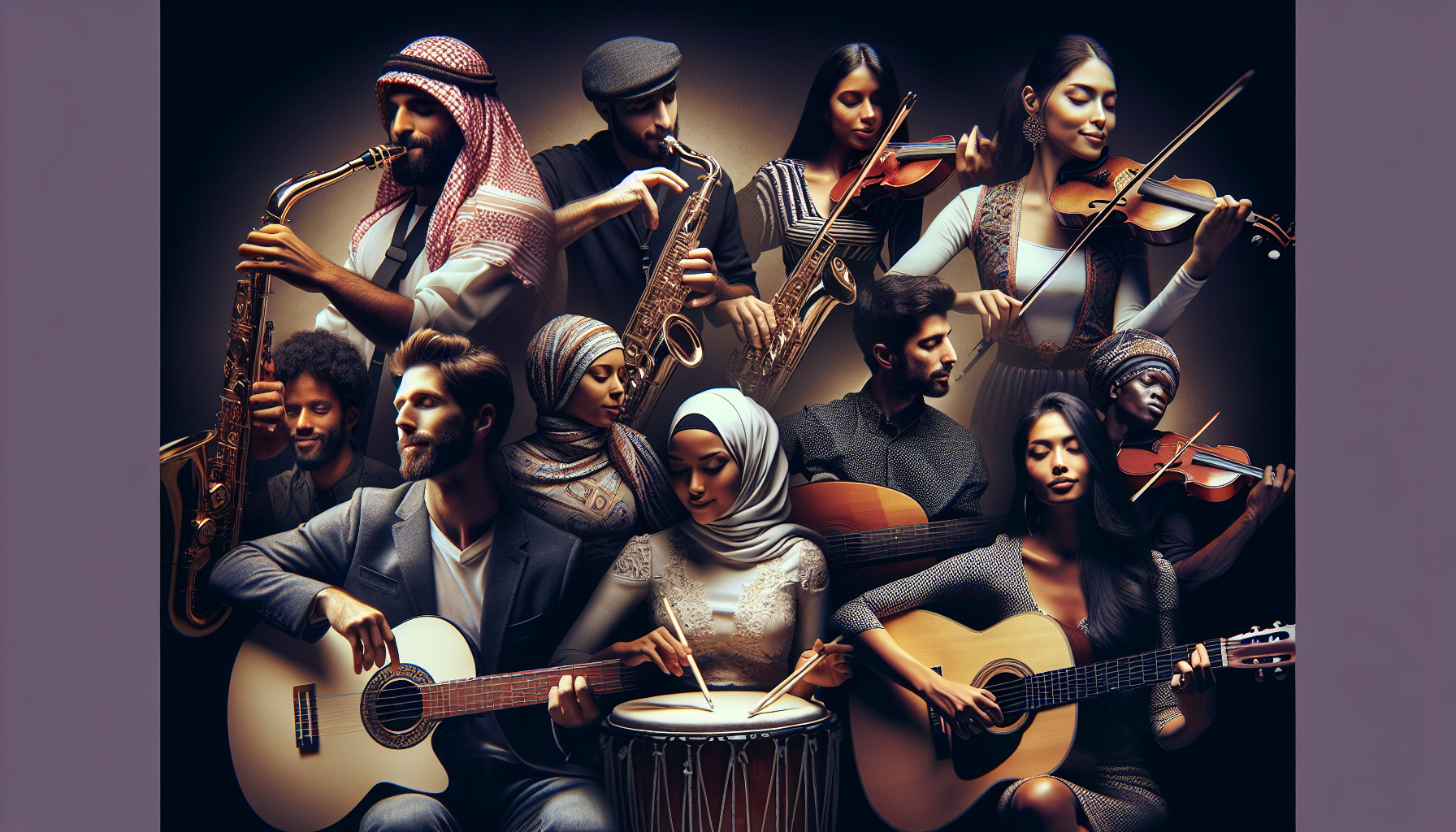The Role of Social Media in Shaping Our Dream Jobs

One of the most significant transformations in the job market is the emergence of the influencer economy. Social media platforms allow individuals to cultivate personal brands and monetize their content, which can lead to lucrative careers. For example, consider a young beauty enthusiast who began posting makeup tutorials on TikTok. Over time, her engaging content attracted a substantial following, leading to collaborations with major cosmetic brands and a full-time career as an influencer. This case highlights how social media enables individuals to carve out niche markets and establish themselves as authorities in their respective fields. In addition to beauty and lifestyle influencers, other domains have witnessed similar growth. Fitness trainers, chefs, and educators leverage platforms like Instagram and TikTok to share their expertise, thereby creating new career opportunities that did not exist a decade ago. The influencer economy illustrates a shift from traditional employment towards self-employment and entrepreneurship, driven largely by social media.
From Hobby to Career: Success Stories
Social media has also facilitated the transition from hobbies to full-fledged careers for many individuals. A prime example is a graphic designer who began posting her artwork on Instagram. Her distinctive style resonated with a broader audience, leading to commission requests, freelance opportunities, and ultimately the establishment of her online shop. Similarly, platforms like Etsy have empowered artisans to showcase their crafts to a global market, enabling them to turn their creative pursuits into sustainable businesses. These success stories are not isolated incidents; they reflect a broader trend where individuals leverage social media to gain visibility and attract clients or employers. The rise of platforms that support creative entrepreneurship has changed the job landscape, allowing people to monetize their passions and reach audiences they may not have accessed through traditional means.
Networking and Professional Development
Social media platforms, particularly LinkedIn, play a crucial role in networking and professional development. LinkedIn has evolved into an essential tool for job seekers and professionals looking to advance their careers. Users can share industry insights, engage in discussions, and connect with like-minded individuals, enhancing their professional visibility. For instance, a recent college graduate might share insightful articles related to their field on LinkedIn, positioning themselves as knowledgeable and passionate. This proactive engagement can lead to job offers, mentorship opportunities, or collaborative projects that may have been challenging to secure without such a professional network. The platform empowers individuals to take charge of their career trajectories by facilitating connections with industry leaders and peers.
The Double-Edged Sword of Expectations
While social media provides immense opportunities, it also poses challenges. The curated nature of these platforms can create unrealistic expectations about career paths and success, leading individuals to pursue roles that may not align with their true skills or interests. The pressure to maintain an appealing online persona can shift the focus from genuine passion to external validation, which can result in dissatisfaction. Aspiring content creators, for example, might feel compelled to chase fleeting trends rather than staying true to their interests, risking burnout and disillusionment. It is crucial for individuals to navigate social media mindfully, prioritizing authenticity and personal fulfillment over superficial popularity. Striking a balance between leveraging social media for professional growth and maintaining one's integrity is essential for long-term career satisfaction.
Social media has undeniably transformed how we approach our career aspirations, offering unique platforms for individuals to showcase their talents, connect with others, and explore unconventional career paths. As we navigate this digital age, it is vital to acknowledge the influence these platforms have on shaping our professional identities. By embracing the opportunities that social media provides while remaining true to our passions, we can convert our dream jobs from mere aspirations into tangible realities. Ultimately, the journey of transforming a passion into a career is as much about the connections we forge and the authenticity we uphold as it is about reaching our destination. In a world where the most popular dream jobs frequently evolve, social media remains a key player in defining and redefining our career trajectories.
Social Media Manager
Marketing agencies, e-commerce brands, and media companies
Core Responsibilities
Develop and execute social media strategies to enhance brand awareness and engagement across platforms like Instagram, TikTok, and LinkedIn.
Analyze metrics and audience engagement to refine content and optimize campaigns.
Collaborate with content creators and influencers to create compelling marketing content.
Required Skills
Proficiency in analytics tools (e.g., Google Analytics, Hootsuite).
Strong writing and communication skills, with an eye for detail.
Experience in community management and crisis communication.
Digital Content Creator
Brands in fashion, food, fitness, and lifestyle sectors
Core Responsibilities
Produce engaging multimedia content (videos, graphics, blogs) tailored for various social media platforms.
Stay updated with the latest trends and algorithm changes to maximize content visibility and engagement.
Collaborate with brands for sponsorship opportunities and product placements.
Required Skills
Proficiency in content creation tools (e.g., Adobe Creative Suite, Canva).
Strong storytelling abilities and a keen sense of aesthetics.
Basic understanding of SEO and social media algorithms.
Influencer Marketing Specialist
Consumer goods companies, beauty brands, and digital marketing firms
Core Responsibilities
Identify and engage potential influencers to promote brand products and services.
Develop and manage influencer campaigns from conception to execution, ensuring alignment with brand values.
Track campaign performance and ROI to report to stakeholders.
Required Skills
Strong negotiation and interpersonal skills to build relationships with influencers.
Experience with social media analytics and campaign management tools.
Understanding of the influencer landscape and current market trends.
Brand Strategist
Advertising agencies, corporate marketing departments, and startups
Core Responsibilities
Conduct market research to develop brand positioning and messaging strategies that resonate with target audiences.
Collaborate with creative teams to ensure brand consistency across all social media channels.
Monitor brand performance and adjust strategies based on consumer feedback and industry trends.
Required Skills
Strong analytical skills to interpret data and consumer insights.
Excellent communication and presentation skills.
Experience in brand development and marketing strategy.
E-commerce Specialist
Online retailers, fashion brands, and consumer electronics companies
Core Responsibilities
Manage online product listings and optimize them for search engines and social media platforms.
Analyze sales data and customer behavior to improve the online shopping experience.
Coordinate with marketing teams to launch promotional campaigns through social media channels.
Required Skills
Familiarity with e-commerce platforms (e.g., Shopify, WooCommerce).
Strong understanding of digital marketing techniques and analytics.
Customer service skills and an ability to solve problems effectively.


